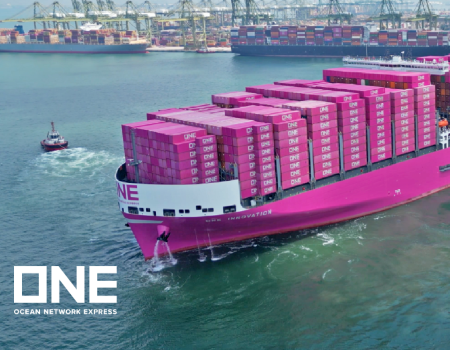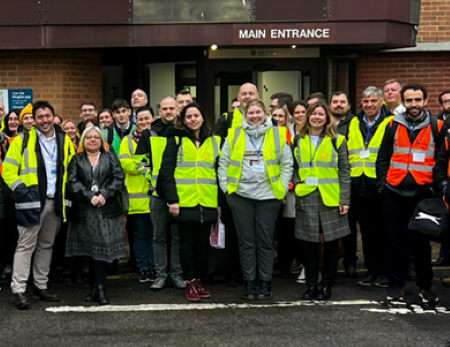From shipbuilders to cruise charterers, no maritime-based business has weathered the pandemic unscathed. Delays, defaults, and cancellations continue to blight the road to normality. But with budgets already squeezed, is a legal solution realistic right now? Dominic Mills, a barrister at Gateley Legal, examines the options.
It started with the cruise market. As borders were closed and lockdowns imposed, global travel effectively halted for leisure, and reduced drastically for business. Next came shipbuilding, ship-repair, luxury yachts, and other types of shipping contracts – all toppling like dominoes as Covid-19 spread around the world.
Although many countries have lifted restrictions and the international maritime industry is – for the most part – getting back on its feet, the road to recovery remains rocky. Job losses and battered bottom lines have impacted the supply chain at all sides, giving rise to contract delays or cancellations, mortgage payment defaults, or the implementation of force majeures.
To say this is impacting already struggling businesses would be an understatement, but the twin burdens of high costs and low profits are also leaving many with little recourse to pursue damage claims. Or so they think.
Granted, undertaking litigation claims is expensive and time-consuming, but with adequate preparation and support, there are ways to mitigate these costs and increase your chances of success. The secret lies in the correct approach to two key stages: preparing your case and sourcing the right funding.
Be prepared
Risk assessments aren’t just the domain of the health and safety professional. Carried out properly, a risk assessment into a potential claim allows you and your legal representatives to explore the technical merits of a case at an early stage, weigh up its chances of success, identify a budget and anticipate likely defences. In addition to a thorough review of existing contracts – including the scope of any force majeure clauses – a risk assessment will likely identify the quality and quantity of contemporaneous evidence available to support your claim and check to see if you are within the limitation period for bringing the claim to court.
As part of this process, you may also be required to meet obligations under the Disclosure Pilot Scheme, a process launched in 2019 to reduce the cost and complexity of the disclosure process. The DPS applies to the collection, compilation, and preservation of documentation for relevant cases (be that paper files or electronic data) and can often be a source of much contention between parties, so be sure to approach it carefully and considerately, and seek legal advice where you can.
By the budget
Launching a litigation claim without a proper risk assessment is like buying a car without checking it works. You need to understand your case from the inside-out and be aware of the potential pitfalls and weak links. What’s more, you also need to weigh up the potential risks and rewards to outline a realistic budget for your claim – from upfront costs to success fees and, for lost cases in England, the payment of opponent fees.
To read more exclusive features and latest news please see our March-April issue here.
Media contact
Rebecca Morpeth Spayne,
Editor, International Trade Magazine
Tel: +44 (0) 1622 823 922
Email: editor@intrademagazine.com








